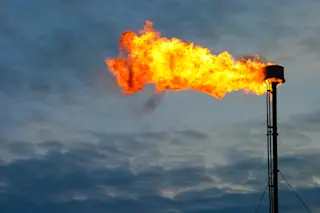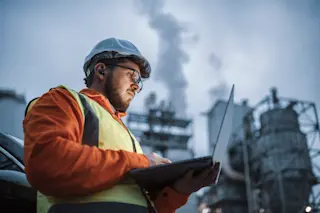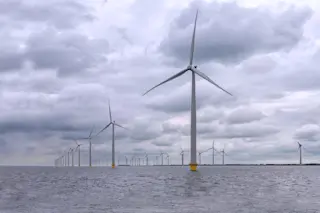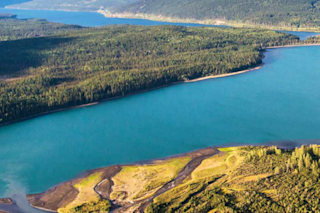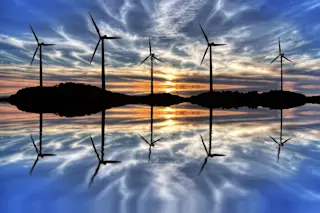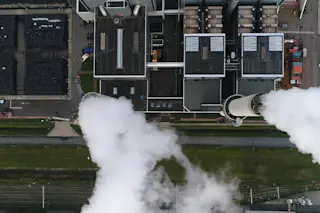It has been suggested by some that political action on climate change will require a grassroots uprising similar to the Civil Rights movement. The analogy strikes me as wishful thinking. In 2010, Leigh Ewbank laid out why:
Unlike the civil rights movement, climate change has a complex causation. Its effects are indirect, systemic, difficult to perceive, and will increase over time. This is compounded by an absence of directly affected and disgruntled citizens in developed nations to demand action. The fact that future generations and people that are living in the developing world are, and will be, hardest hit by our changing climate, means that this crucial driver for effective grassroots mobilization is missing in the west.
Yesterday, Auden Schendler made a similar argument:
Not being served a cheeseburger because you're African American is about as in-your-face as it gets. Climate change, while increasingly omnipresent, is never quite so personal. ...




